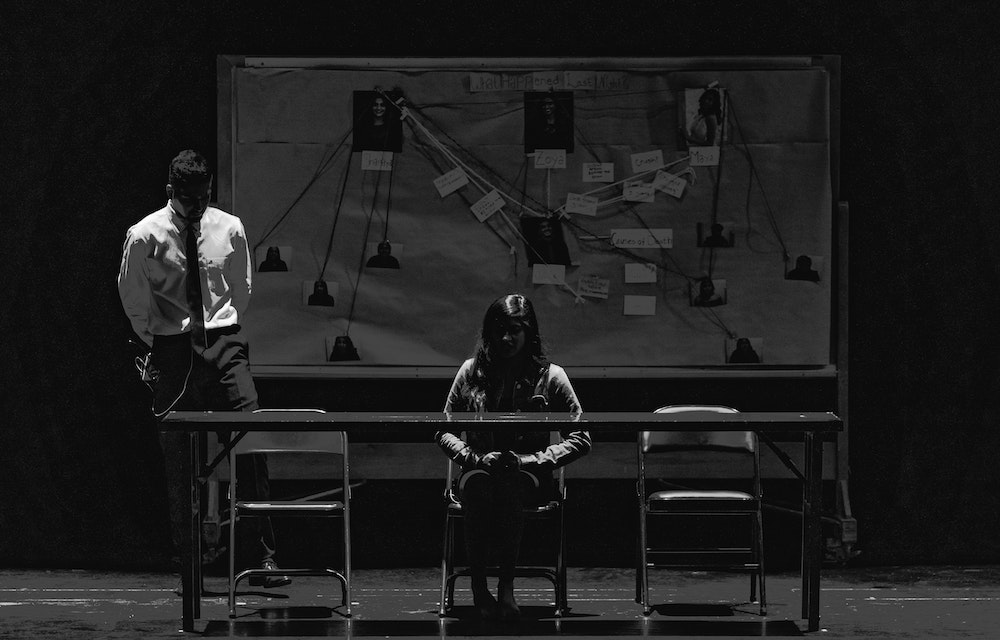The Youth Criminal Justice System in Toronto is governed by the Youth Criminal Justice Act (YCJA), which was enacted by the federal government in 2003. The YCJA sets out the principles, rules, and procedures that apply to young people who have been accused of a criminal offence in Toronto. The goal of the youth criminal justice system in Toronto is to provide appropriate and proportional responses to criminal behaviour by young people, while taking into account their unique needs and circumstances.
- Definition of a Young Person: In Toronto, a young person is defined as an individual who is 12 to 17 years of age. A young person who is accused of a criminal offence will be subject to the provisions of the YCJA and will be processed through the youth criminal justice system.
- The Youth Criminal Justice Process: The youth criminal justice process in Toronto begins when a young person is charged with an offence. The process typically involves a number of stages, including bail hearings, pre-trial conferences, and trials. In some cases, young people may also be subject to alternative measures, such as youth justice committees or restorative justice programs, which are designed to provide alternative responses to criminal behaviour by young people.
- Youth Courts: The youth criminal justice system in Toronto is comprised of youth courts, which are specialized courts that are designed to provide an appropriate and proportional response to criminal behaviour by young people. Youth courts in Toronto are staffed by judges and court personnel who have received specialized training in dealing with young offenders.
- Sentencing Options: The YCJA provides a range of sentencing options for young people who have been convicted of a criminal offence in Toronto. Sentencing options for young people in Toronto include fines, community service, probation, and detention in a secure facility. In addition to these traditional sentencing options, the YCJA also provides for alternative measures, such as youth justice committees and restorative justice programs, which are designed to provide appropriate and proportionate responses to criminal behaviour by young people.
- Principles of Sentencing: The YCJA sets out a number of principles that should be considered when sentencing young people in Toronto. These principles include the following:
- Accountability: The sentence imposed on a young person should hold the young person accountable for their actions and should reflect the severity of the offence.
- Proportionality: The sentence imposed on a young person should be proportional to the seriousness of the offence and should take into account the young person’s individual circumstances and the circumstances of the offence.
- Rehabilitation and Reintegration: The sentence imposed on a young person should be aimed at rehabilitating the young person and should encourage the young person to reintegrate into society.
- Review of Sentences: Young people who are sentenced in Toronto have the right to seek a review of their sentence by a higher court. This right of appeal is designed to ensure that young people receive fair and appropriate sentences and to provide a mechanism for addressing errors in the youth criminal justice process.
- Record Suspension: In some cases, young people who have been convicted of a criminal offence in Toronto may be eligible for a record suspension. A record suspension is a formal process that allows a young person to have their criminal record sealed and removed from the Canadian Police Information Centre (CPIC) database. A record suspension can make it easier for a young person to secure employment, housing, and other opportunities.

In conclusion, the Youth Criminal Justice System in Toronto is designed to provide appropriate and proportional responses to criminal behaviour by young people. The range of sentencing options available under the YCJA, along with the principles that should be considered when sentencing.
If you or someone you know has been charged with Assault, contact De Boyrie Law today for a free consultation at this link. If your matter is immediate please contact us at (416) 727-1389. De Boyrie Law serves Toronto, Vaughan, and the Greater Toronto Area.
Stacey is a student at De Boyrie Law. She is currently studying to complete the BAR and is expected to join our firm once she has completed studies.

